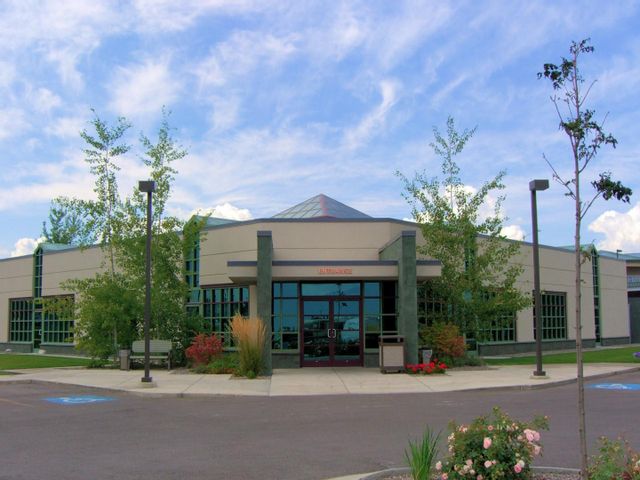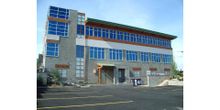MEP Engineering Experts Address How to Manage Humidity Levels In a Medical Facility

Moisture is a major concern among health care professionals. An excessive presence or lack of humidity can have a detrimental effect on hospital operating rooms and central sterile processing departments. As a result, medical providers often consult Jackola Engineering & Architecture in Vancouver, WA, to troubleshoot humidity issues that can potentially harm patients or medical equipment.
Below, their MEP engineering professionals have addressed five things to consider if your facility is currently experiencing humidity issues:
 Determine Whether You’re Within Regulation: According to The Joint Commission, relative humidity (RH) in medical settings is required to be between 20% and 60%. This level helps lower the risk of respiratory infections in patients, as well as reduces the severity of allergies. Conduct a system assessment to determine where your facility falls on the spectrum and when the levels seem to fluctuate most.
Determine Whether You’re Within Regulation: According to The Joint Commission, relative humidity (RH) in medical settings is required to be between 20% and 60%. This level helps lower the risk of respiratory infections in patients, as well as reduces the severity of allergies. Conduct a system assessment to determine where your facility falls on the spectrum and when the levels seem to fluctuate most.- Find a Balance: When it comes to humidity, MEP engineering professionals say the challenge lies in finding the right balance. When moisture levels are low, the dryness in the air has the potential to cause static electricity discharge. However, unusually high humidity levels can cause instruments to malfunction and reduce the efficacy of chemical mixtures, medications, and other products.
- Review System Capabilities: The best HVAC unit will be able to detect multiple air factors, including temperature, humidity levels, and air flow. Many older systems can only control heating and cooling capabilities, so if you don’t have a modern system, your facility might be outside of the humidity compliance range. Check with a technician to see if simple fixes can be made or if you need a completely new system to better regulate levels.
- Install a Home Automation Thermostat: Indoor humidity levels are sensitive and can fluctuate depending on the weather forecast and season. To keep track of these ever-changing conditions, consider installing a home automation thermostat in your facility. These sensors continuously monitor the room to regulate factors such as humidity levels. The system will automatically make adjustments when levels become imbalanced.
- Keep the Temperature Consistent: Outdoor air has a major impact on indoor humidity. For optimal humidity control, keep your facility’s temperature consistently around 72 degrees Fahrenheit, regardless of the outside temperature. This might mean that it feels slightly warmer during the summer and cooler in the winter, but it will help keep equipment functioning properly.
Jackola Engineering & Architecture is a design integrated firm in Vancouver, WA. For more than 47 years, they have offered clients a way to manage all their architectural and engineering needs through a single point of contact. Whether a hospital is in need of an HVAC engineer or a developer is seeking land planning services, they have a range of experience that allows them to take on any project with confidence. Learn more about their MEP engineering services online, and call (360) 852-8746 to speak with a member of their team.
About the Business
Have a question? Ask the experts!
Send your question

